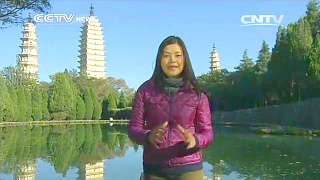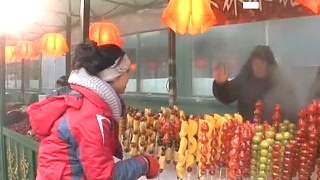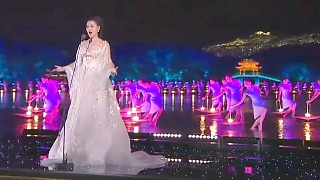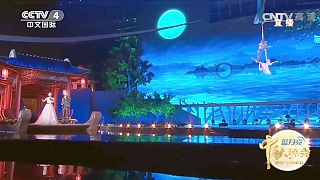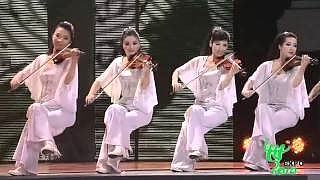
|
Please, wake up - and spread the word, before it is too late.
War - bombs, death, unspeakable atrocities - depends on your acquiescence.
If, there's another war, it's all over, for everyone; there will be no winners this time.
War is burning flesh, skulls ruptured, and children screaming in pain, all dying in the name of supremacy.
Fear those that desire supremacy. We can all see it coming. YOU need to stop this madness. Yes, YOU. The mad men can't do it without fooling you first. Don't be fooled again.
If not immediately vaporized, one will be burned alive and shredded by flying glass and other debris. If still gasping for air, there follows 'nuclear winter' - no sunlight and starvation; a planet poisoned for many thousands of years. This is madness. Stop the madness.
Life should be everywhere, in our galaxy, and beyond, but there's just silence. Need life always end that way ? Are we really going to end it all over skin color or some nonsense 'politics' ?? Even you 'hate China', do you love this world ???
Everything 'you know' is BS - just think about it - don't get hypnotized by 'democracy' and 'human rights' by those who crush them, everywhere, and really seek ultimate rule - it's the new branding for colonialism - don't be fooled - don't be fooled by distractions and words - open your eyes for a different view - we have a common humanity, deeper than any elite's spin - don't be fooled ...
Don't be fooled again - the young deserve a chance to create a better world - say no, to divide and rule ...
The Who - Won't Get Fooled Again ('meet the new war; same as the old wars' - great song) - please, don't blow up this world, don't blow down this life; it's all that we have; let's not go forever silent - no wipe-out ... awesome drumming ...
Bonus films - drums by a young Sina ...
The Surfaris - Wipe Out (with a cool dad) ...
Pink Floyd - Time (featuring Sticky Hickey) - just wow - what a band ...
Metallica - Nothing Else Matters - featuring the very talented young singer Jadyn Rylee (a beautiful love song) ...
So close, no matter where we are. Nothing else matters.
I can only say - don't get fooled again - don't be out of time. No more, hypnotized by lies. Don't get on your knees and pray; speak out; trust not what you believe - trust in who you are - our common humanity - don't get fooled - that's all that really matters ...
|

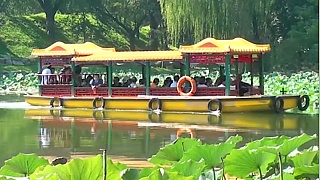




 The Mid-autumn Festival Gala, 2014
The Mid-autumn Festival Gala, 2014